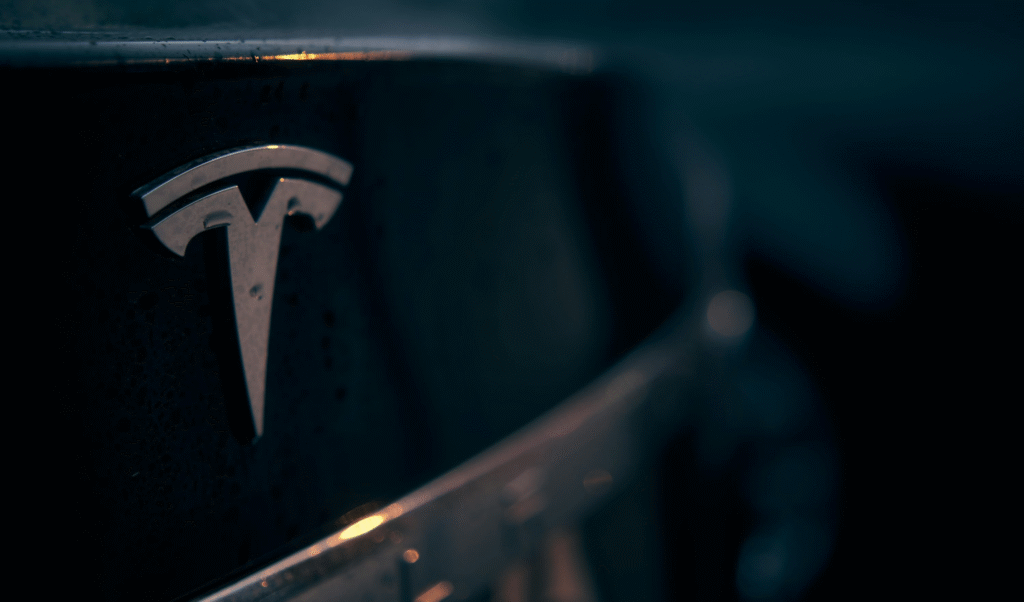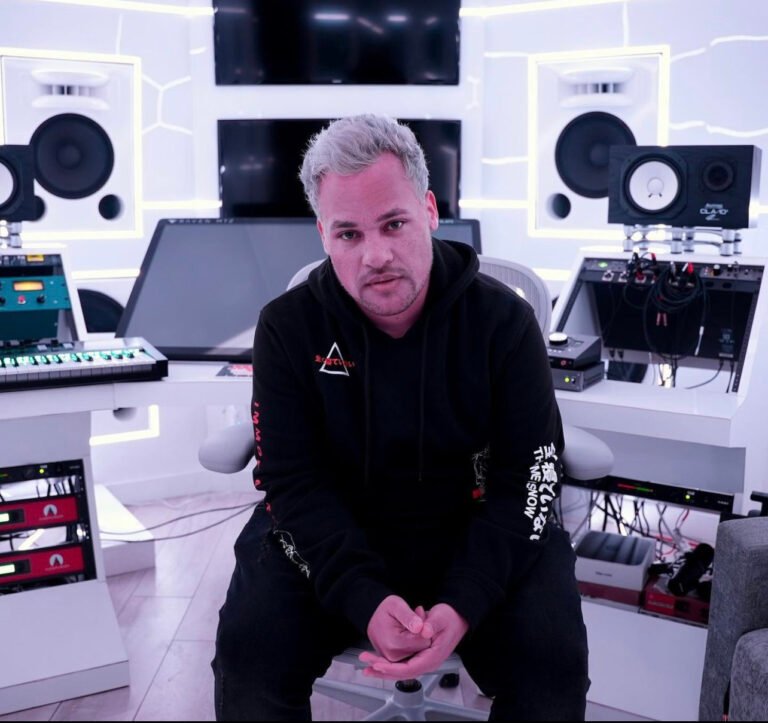Tesla has recalled more than 63,000 Cybertrucks after discovering that their front parking lights were too bright and could affect other drivers’ vision. The company quickly fixed the problem with a free software update. No accidents or injuries were reported. This recall adds to Tesla’s recent vehicle safety reviews.
Sometimes even the biggest and most advanced companies make small mistakes. This week, electric car giant Tesla faced one such issue. The company has announced a recall of more than 63,000 Cybertrucks because of a problem with their front parking lights. The lights were reportedly too bright, which could make it hard for other drivers to see the road properly. While this may sound like a small problem, it can cause serious safety risks if left unfixed.
Tesla, led by Elon Musk, quickly admitted the issue and took action before it could cause harm. The company said that it had already released a software update to fix the lighting problem. The best part? Owners don’t have to take their trucks anywhere. Tesla has sent the fix “over-the-air”, meaning it was done automatically through the internet — just like updating an app on your phone. The update is free and applies to all Cybertrucks made between November 13, 2023, and October 11, 2025.
The company explained that the problem was discovered during an internal review earlier this month. Engineers ran something called photometric tests — special tests that measure brightness — and found that the front parking lights were shining more brightly than allowed. These extra-bright lights could temporarily affect the eyesight of drivers coming from the opposite direction, especially at night. Though the issue wasn’t linked to any crashes or injuries, Tesla decided to act quickly. “Safety always comes first,” the company said in its statement.

Interestingly, this recall is not related to any hardware or mechanical problem. It’s purely a software-related issue — showing how modern vehicles depend more and more on technology. Instead of replacing parts, Tesla simply updated the car’s system remotely, making it one of the easiest and fastest recalls ever done.
Even though Tesla caught the issue on its own, this is not the only recall the company has faced recently. Just a day before the Cybertruck recall, Tesla also announced another recall involving nearly 13,000 Model 3 and Model Y vehicles. This time, the problem was with a battery-pack component that could cause the car to lose power suddenly, increasing the risk of a crash. Tesla fixed that issue too, proving that it’s keeping a close eye on its vehicles’ safety and performance.
Safety regulators have also been watching Tesla closely. Earlier this month, the U.S. National Highway Traffic Safety Administration (NHTSA) started investigating around 2.88 million Tesla cars equipped with the company’s Full Self-Driving (FSD) system. This came after over 50 reports of traffic safety violations and several accidents involving Tesla’s driver-assist technology. The investigation aims to find out whether the system is safe enough for public roads and whether it needs any changes or restrictions.
Despite these challenges, Tesla’s business continues to do well. The company recently announced its record third-quarter revenue, beating Wall Street expectations. This growth was mainly because of Tesla’s highest-ever electric vehicle sales in a single quarter. Many U.S. buyers were rushing to purchase Tesla cars before a key government tax credit expired, which added to the boost in sales.
Tesla’s Cybertruck, which has been one of the most talked-about vehicles since it was first revealed, is a major part of the company’s future plans. Known for its bold design and stainless-steel body, it has attracted attention from fans and critics alike. The recall may raise concerns, but experts say it’s quite normal for new models to face early hiccups. Cars today are like computers on wheels — they run on software and constantly get updates to improve performance and safety.
In fact, Tesla is one of the few automakers that can fix issues remotely. Traditional car companies often have to call customers back to dealerships for repairs, which can take days or even weeks. Tesla’s ability to handle problems through over-the-air updates is one of its biggest advantages. It saves time for customers and prevents bigger problems down the road.
While recalling over 63,000 vehicles might sound worrying, it actually shows that Tesla is being careful. By finding the issue during internal checks and fixing it immediately, the company prevented potential accidents before they could happen. Experts say that this kind of proactive recall — where a company acts before any damage occurs — is a sign of responsibility.
Tesla’s approach to problem-solving also highlights how the car industry is changing. In the past, recalls were seen as a sign of poor quality. Today, they often show how connected and flexible modern cars have become. A simple software bug can be fixed as easily as updating a smartphone. This is especially important as more electric vehicles hit the road, relying heavily on complex software systems to run smoothly.
For Tesla owners, this means they don’t have to worry much. The fix is already in place, and the vehicles should now meet all lighting standards. Tesla also confirmed that there have been no crashes, injuries, or fatalities linked to the lighting issue. That’s reassuring news for both drivers and the company’s reputation.
As Tesla continues to grow, such recalls remind everyone that even the smartest cars need regular checks and updates. The company’s quick response and transparent communication helped prevent panic and showed how technology can make safety fixes faster and simpler.
With the Cybertruck being one of Tesla’s most futuristic creations, it’s clear that small glitches won’t stop the brand from moving forward. The recall may be a temporary setback, but it also serves as proof that Tesla values safety as much as innovation.








